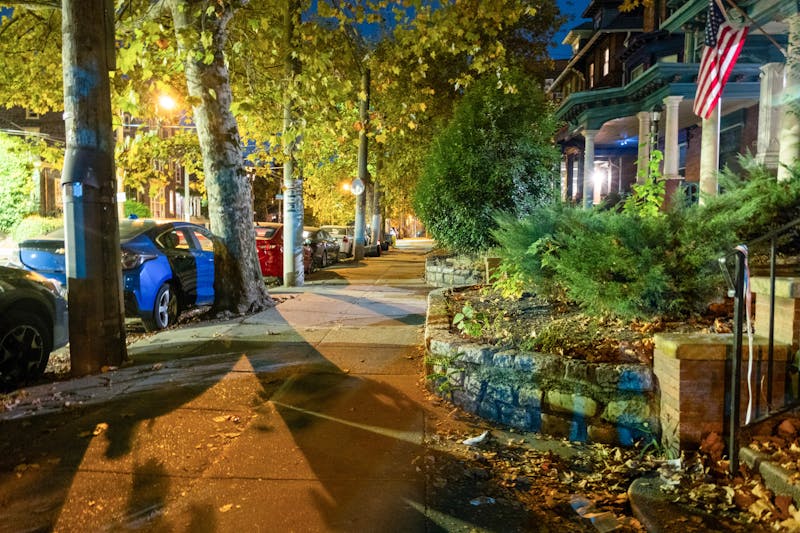
Penn will offer a new Environmental Studies next spring to study the relationship between humans and the environment.
“Global Environmental History from Paleolithic to Present," taught by History professors Anne Berg and Marcy Norton, will address how changes in human social and government organization throughout history have affected the environment. Norton said students will read primary sources and discuss them to draw connections between the past and the present. Course topics will include the first human use of fire, the transition to pastoral societies with domesticated animals, and the more-recent Industrial Revolution.
Berg said the course was developed to address an increasing interest in climate change across the student body.
“Environmental history is usually something that focuses on the United States and is very modern-focused,” Berg said. “A longer understanding of what the environment is and how people have thought about the environment is what we feel is important to bring to the discussion to better understand why and how environmental and climate concerns relate to other concerns across human existence.”
Norton said the new course was made possible because there are now three environmental historians among Penn's faculty — Berg began working as a professor this fall. Norton and Berg will co-teach the class, with Norton specializing in earlier periods of study and Berg handling modern history.

Recently, Penn students have demonstrated their environmental activism through events like Fossil Free Penn’s weekly silent sit-ins.
“I think there’s something very useful to think about a long stretch of time together," Norton said. "That is best accomplished by having scholars with expertise in those different time periods."
Recently, Penn students have demonstrated their environmental activism through events like Fossil Free Penn’s weekly silent sit-ins, where the group calls for a discussion with the University on Penn’s carbon emissions and investment in the fossil fuel industry.
“A lot of environmental history courses that students are primarily interested in are on the 21st century, in the environmental movements, and what the student can do to make sure it doesn’t get bad," Berg said.
But despite this interest in modern issues, Berg and Norton believe having a historical perspective on humans and the environment can give students a new way of looking at the current climate crisis.
"[This course is] a toolkit that I hope students will have that will allow them to look at the world in a different way that is empowering,” Norton said. “You’re the generation that is going to suffer the most and also the one that is going to make the biggest changes.”
The Daily Pennsylvanian is an independent, student-run newspaper. Please consider making a donation to support the coverage that shapes the University. Your generosity ensures a future of strong journalism at Penn.
Donate






